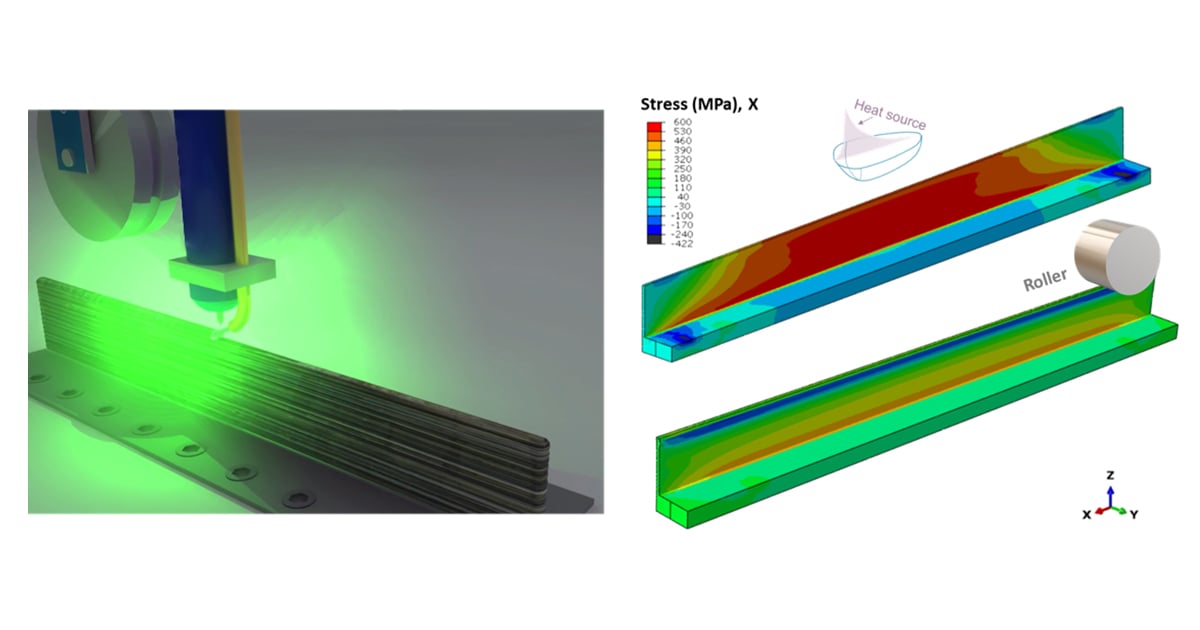Numerical Modelling on Metallic Materials
Topic Information
Dear Colleagues,
Numerical modelling and its application in materials research as well as engineering have been advanced for quite a few decades so far. The usage of various numerical modelling techniques is steadily increasing both in academia and industry, with greater maturity and a stronger impact. Nevertheless, it is also recognized that the awareness of the benefits that numerical modelling may bring should be adequately raised in line with its advantages as well as its limitations, particularly in comparison and conjunction with physically based trials and experimentation. The purpose of this Topic is to provide a collective platform for the appreciation of the current state of the art in the numerical modelling of metallic materials, in order to further promote interdisciplinary interaction and crossfertilization for the future development and application of numerical modelling techniques in materials science and engineering. Contributions are therefore cordially invited to this Special Issue from scientists, researchers and engineers, with topics covering, but not limited to, the following areas:
- Ab initio calculations of alloy design and properties prediction
- Multiscale and multiphysics modelling
- AI and machine learning
- Data mining and its application in metallic materials design and manufacturing
- Materials constitutive modelling
- Modelling and simulation of materials’ manufacturing processes
- Solidification, deformation and phase transformation
- Prediction of microstructure and properties
- Plasticity and strain damage
- Fatigue and fracture of metallic materials
- Prediction and mitigation of residual stress and distortion
- Numerical methods, software technology, verification/validation and standardization
Dr. Shuwen Wen
Dr. Yongle Sun
Dr. Xin Chen
Topic Editors
Keywords
- numerical modelling
- metallic materials
- microstructure and properties
- Ab initio calculation
- molecular dynamics (MD)
- finite element method (FEM)
- computational fluid dynamics (CFD)
- modelling and simulation
- verification and validation
- engineering
- manufacturing processes
- fatigue and fracture
- service performance
